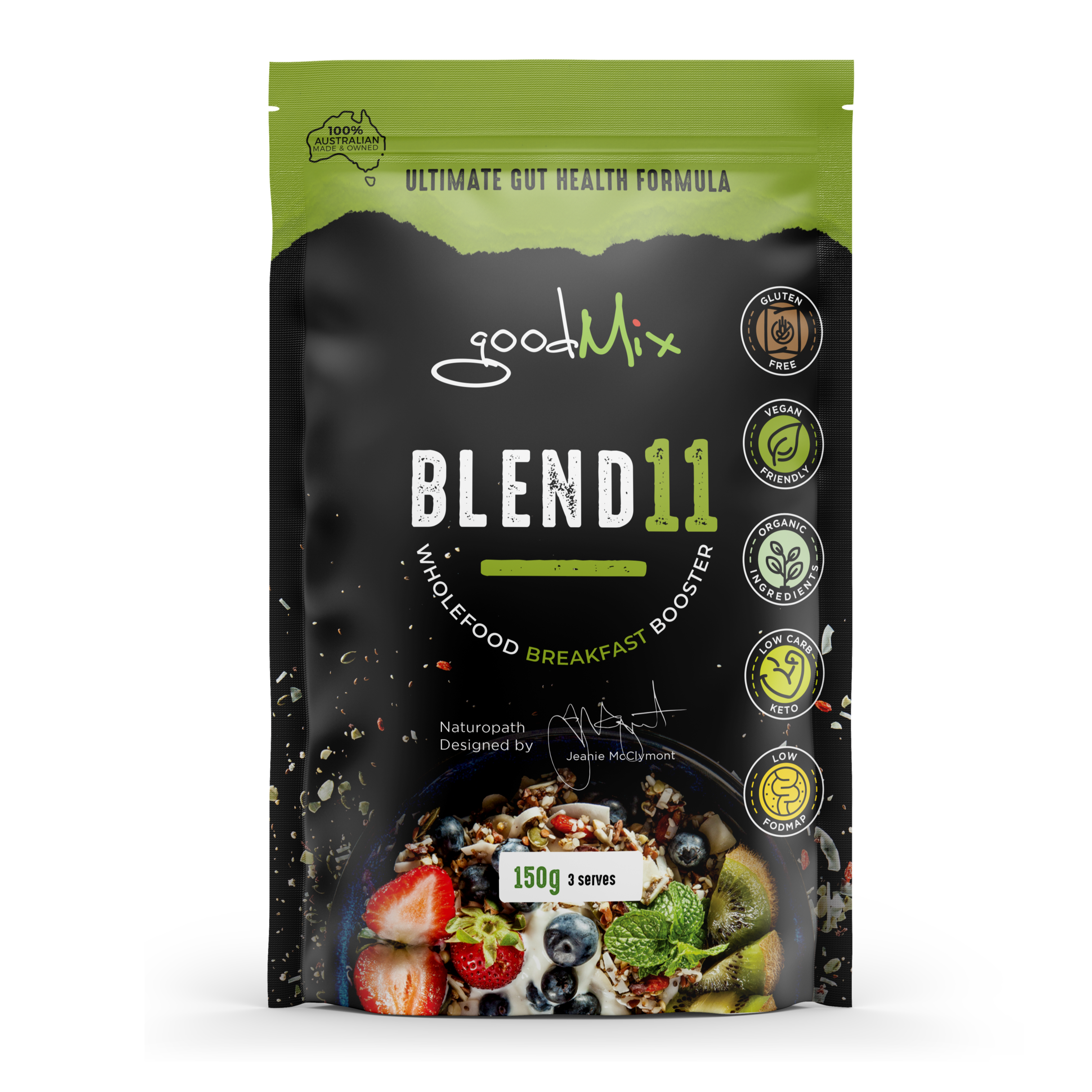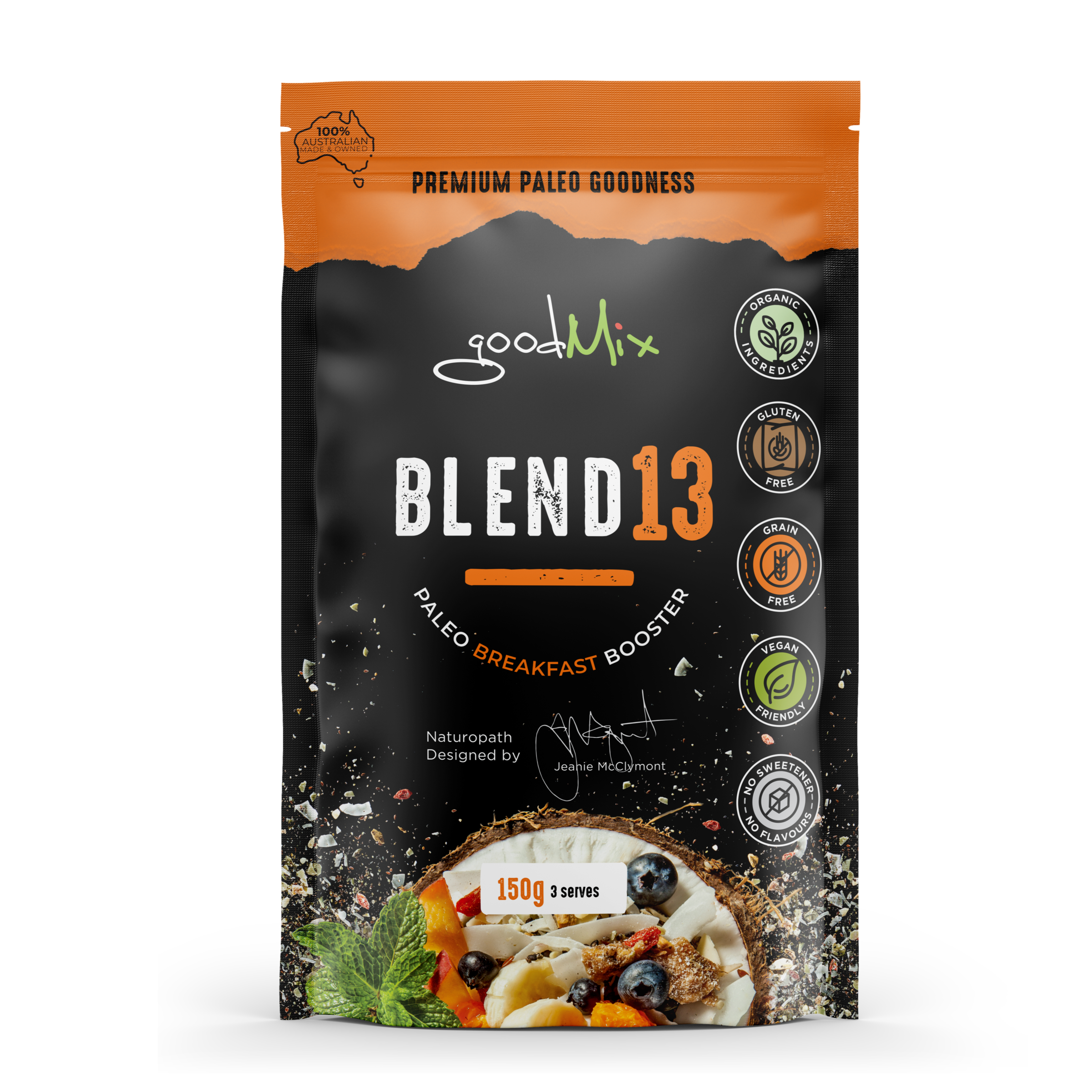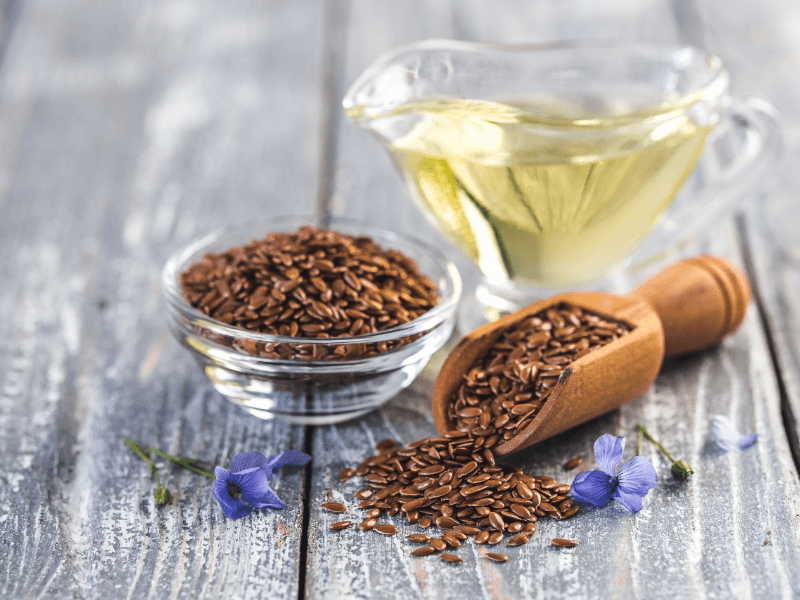
Diet and Mental Health: How Fibre Influences Mental Wellbeing
The connection between diet and mental health is a hot topic, and fibre plays a crucial role. Research suggests that high-fibre diets can significantly impact mental health, with various studies showing both a reduction in anxiety and a decrease in depression among women who consume more fibre.
A notable study in 2021, looking at the dietary habits of over 3,300 health workers, revealed a staggering statistic: high fibre consumers experienced a 33% plunge in anxiety risk.
Fibre comes in two forms: soluble and insoluble. Soluble fibre, found in oats, nuts, seeds like those in Blend11, and many fruits, dissolves in water, forming a viscous substance that can lower blood glucose and cholesterol levels. Insoluble fibre, present in whole grains and vegetables, adds bulk to the stool and aids in digestion. Both types travel through our bodies undigested, but they do so much more than regulate bowel movements. They ferment in the colon, becoming food for our microbiota, which in turn produce short-chain fatty acids (SCFAs)—compounds with a direct hotline to brain function.
The gut-brain relationship highlights how dietary changes, like adding more fibre-rich foods, can enhance mental wellness. While fibre isn’t a cure-all, it’s a vital part of a holistic approach to mental health.
Incorporating fibre doesn't require a dietary upheaval—small, sustainable shifts can lead to remarkable mental benefits. For those struggling with mental health challenges, fibrous foods may help you see some improvement. While it's important to acknowledge that mental health is a complex issue with varied influences, the role of diet, specifically fibre intake, is an accessible, empowering tool that may make a difference.
By incorporating more fibre-rich foods like those found in goodMix's Blend11, we may not only support our digestive health but also foster a healthier, happier mind.
As we continue to understand and appreciate the relationship between diet and mental health, research into the importance of fibre in this mix is quite fascinating. The message is clear: nourishing our body with the right ingredients can foster not only physical well-being but also mental resilience.
Here are some scientific articles on the impact of dietary fiber on mental health, which can serve as credible sources for the points mentioned in the article:
- A systematic review and meta-analysis found that total dietary fiber intake was associated with a 10% lower odds of depression in adults and a 57% lower odds in adolescents (1).
- A study highlighted by ScienceDaily suggests that higher daily dietary fiber intake is linked to a lower risk for depression in premenopausal women. (2)
- Research indicated that dietary fiber supplements in patients with hypertension could improve depression and anxiety by increasing SCFA-producers like Bifidobacterium and Spirillum in the gut microbiota, which may influence the gut–brain axis. (3)
- An Iranian study found a significant inverse association between total dietary fiber intake and anxiety as well as high psychological distress in normal-weight individuals. (4)
- A dose–response meta-analysis revealed an inverse linear association between total dietary fiber intake and the odds of depression in adults, suggesting that incremental increases in fiber intake could have a beneficial effect. (5)




